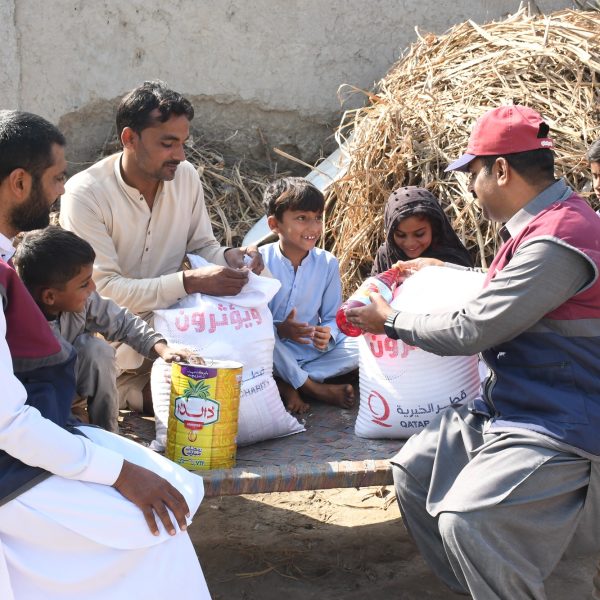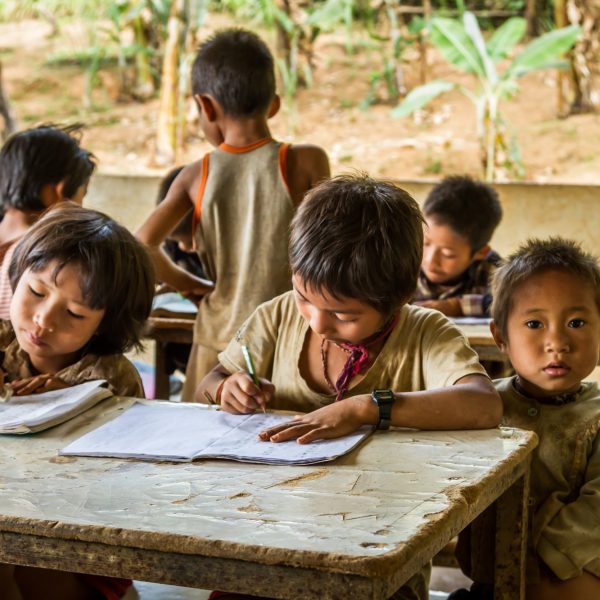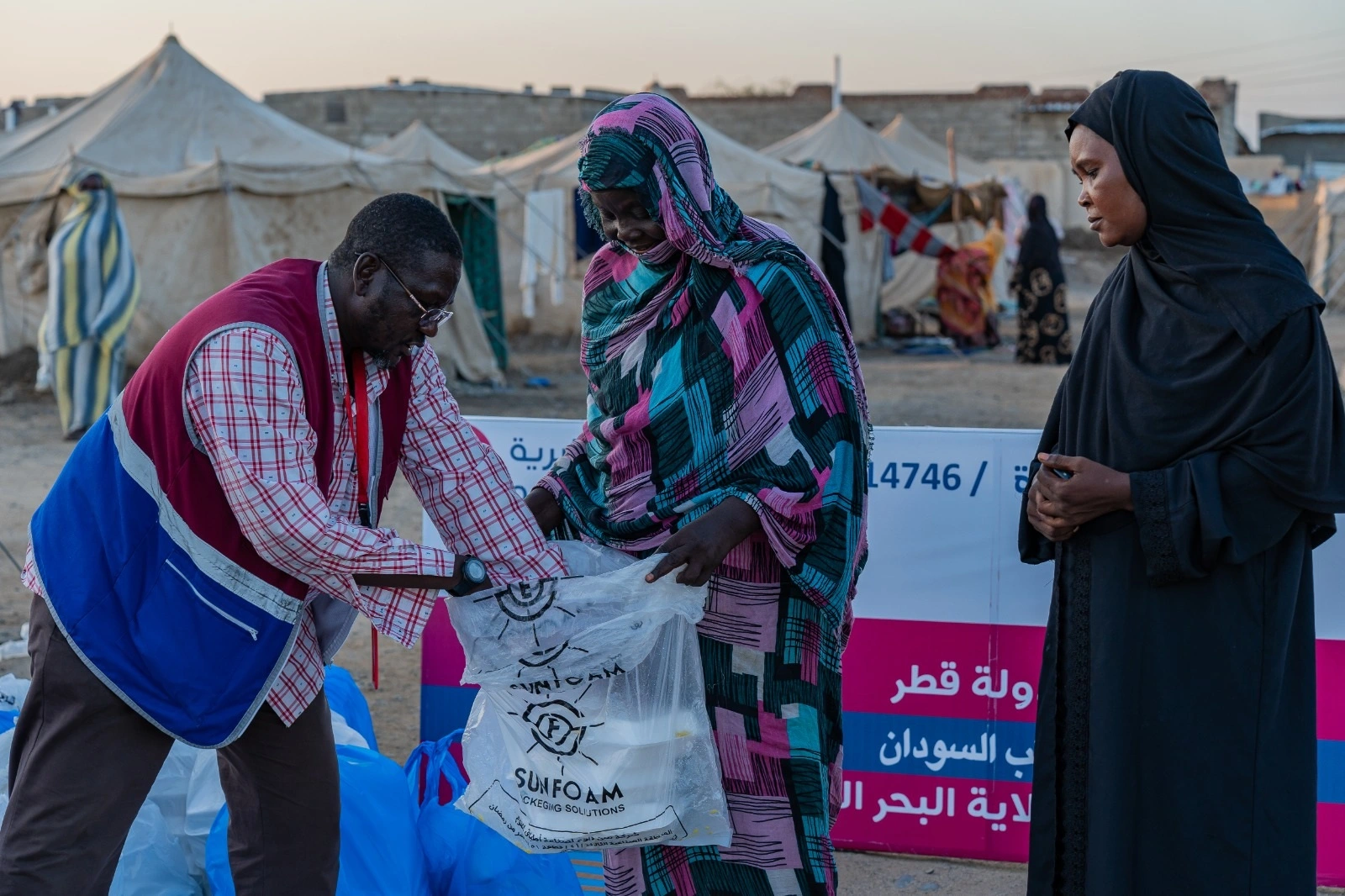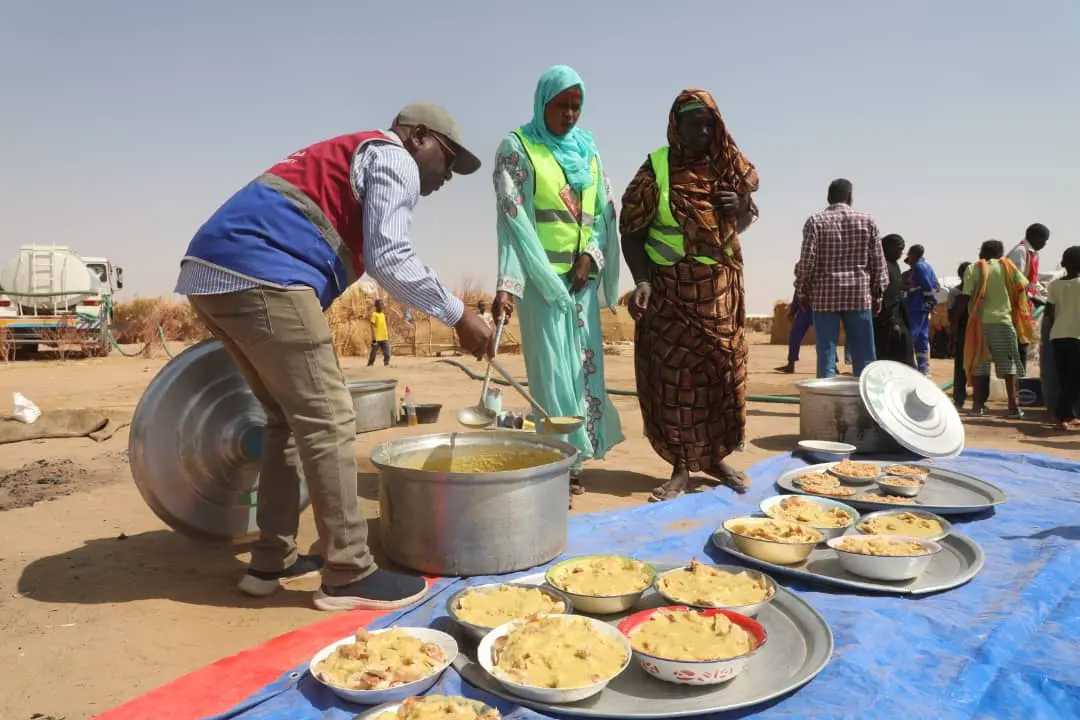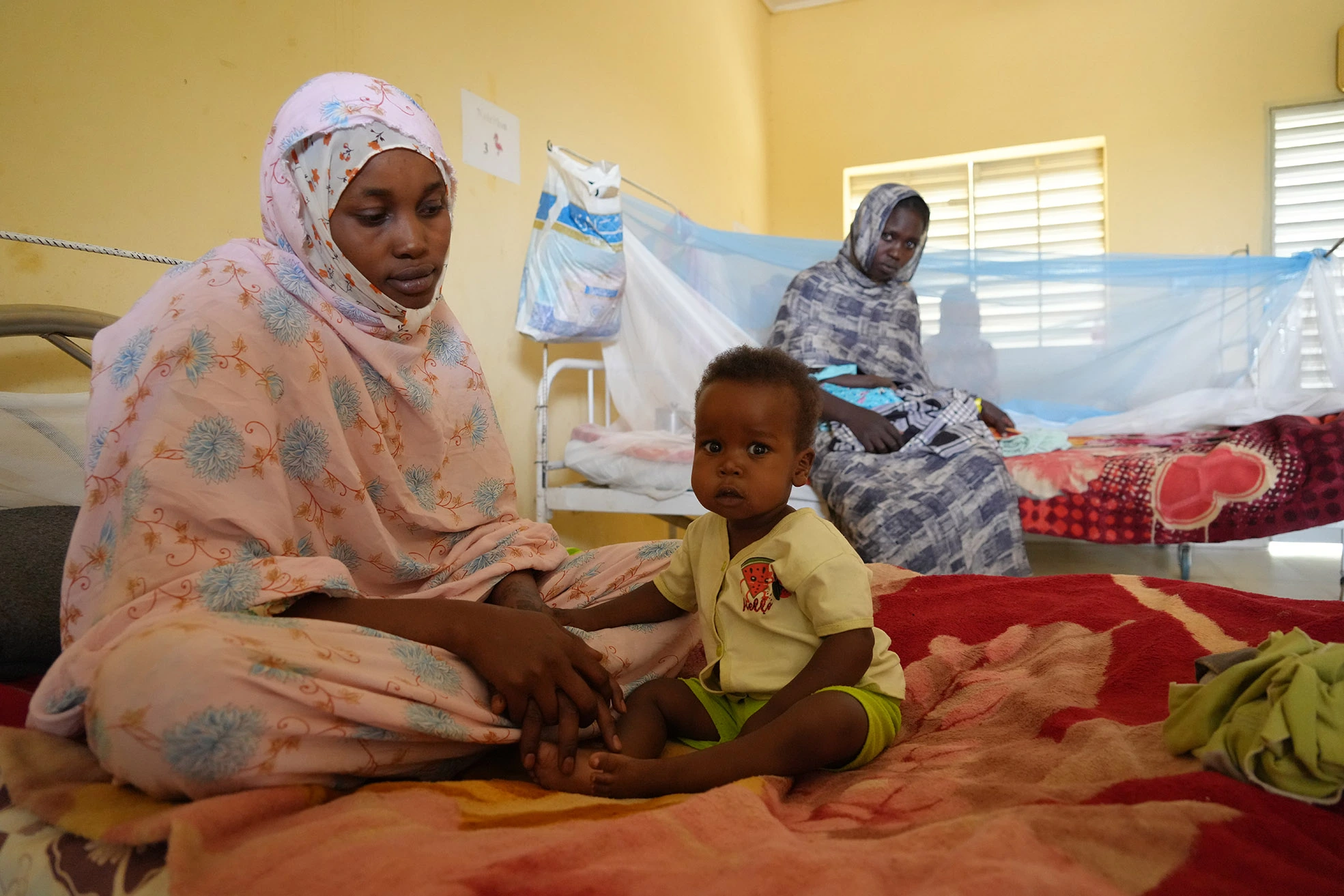The convening of the Second World Summit on Social Development in Doha, from November 4–6, brings into focus the role of key actors in driving social development and achieving the summit’s goals among them, charitable and development organizations.
Table of contents
- The concept of social development and its link to charity work
- Key Areas of charitable contribution of social
- Promoting Education and training
- Health and Social Care
- 4. Strengthening Social Values and Community Cohesion
- 5. Promoting Sustainability and Social Innovation
- 4. Recommendations to Strengthen Charitable Roles in Social Development
- 5. Practical Examples
The summit aims to reaffirm the global commitment to social development, address emerging gaps, and accelerate progress toward eradicating poverty, promoting full employment and decent work, ensuring social inclusion, and giving new momentum to the implementation of the 2030 Sustainable Development Agenda.
This article discusses how charitable institutions contribute to advancing social development goals and meeting global commitments, while also presenting key proposals to strengthen their role.
The concept of social development and its link to charity work
Charitable organizations have become among the most influential actors in modern social development. Their work has evolved beyond the traditional concept of aid to that of empowerment.
Instead of limiting their activities to direct assistance, these organizations now focus on comprehensive, sustainable development that builds both individuals and communities.
Amid current economic and social transformations, charitable institutions play an increasingly vital role in complementing governmental and civil society efforts to reduce poverty, promote equity, and strengthen values of solidarity and social responsibility.
According to data from the United Nations Department of Economic and Social Affairs (UNDESA, 2025), the world has witnessed tangible progress in several development areas:
- Access to electricity has reached 92%,
- Internet usage has increased by 70% since 2015.
However, major challenges persist: 1 in every 11 people worldwide suffers from hunger, and over one billion people live in informal settlements, underscoring the complementary role of charitable organizations in addressing these challenges.
Key Areas of charitable contribution of social
Charitable institutions contribute to empowering disadvantaged groups by:
- Supporting women, low-income families, and mothers of orphans through economic empowerment programs.
- Training and equipping youth for the labor market.
- Implementing development projects that promote self-reliance instead of direct aid.
According to the Center for Sustainable Systems at the University of Michigan (2025), around 9% of the world’s population (approximately 692 million people) still live in extreme poverty, with 67% of these cases concentrated in Sub-Saharan Africa — making charitable development programs a key tool in narrowing the global poverty gap.
Promoting Education and training
Education remains the cornerstone of social development. Charitable organizations invest in:
- Establishing schools and educational centers in remote areas.
- Supporting literacy and vocational training programs.
- Providing scholarships for underprivileged students.
- Setting up orphanages with integrated schools and vocational training centers, as well as multi-service community facilities for orphans and needy families.
According to World Bank (2025) data, investment in education and training directly improves social development indicators — increasing female labor force participation, reducing youth unemployment, and enhancing family well-being.
Health and Social Care
Charitable institutions play a pivotal role in supporting health systems by:
- Offering free or low-cost healthcare services.
- Establishing clinics and treatment centers in underserved regions.
- Promoting health awareness and combating chronic diseases and malnutrition.
UN statistics (2025) indicate that 1 in 11 people globally suffer from food insecurity — making health and nutrition initiatives by charitable organizations an essential contribution to Sustainable Development Goal 2: Zero Hunger.
4. Strengthening Social Values and Community Cohesion
Charitable organizations also help foster positive social values such as solidarity, tolerance, and active citizenship by:
- Promoting volunteerism and social responsibility.
- Conducting awareness campaigns on shared human values.
- Establishing centers to protect children affected by crises and social housing facilities for vulnerable populations.
Such efforts enhance social capital, which the OECD identifies as one of the core foundations of modern social development.
5. Promoting Sustainability and Social Innovation
Many charitable organizations are now shifting toward sustainable social investment by:
- Leveraging technology and digital transformation to manage donations and beneficiary services.
- Measuring the social impact of initiatives to ensure their effectiveness and continuity.
This aligns with the United Nations’ vision of development grounded in sustainability, transparency, and innovation.
4. Recommendations to Strengthen Charitable Roles in Social Development
- Foster partnerships between charitable institutions and both the public and private sectors.
- Adopt sustainable development approaches in program and project design.
- Strengthening governance and transparency frameworks in charity operations.
- Encourage research and evaluation to measure real social impact.
- Empower and build the capacity of volunteers as key contributors to development.
5. Practical Examples
As part of its engagement with the Second World Summit on Social Development in Doha, Qatar Charity organized a high-level panel discussion in collaboration with the United Nations Office for the Coordination of Humanitarian Affairs (UNOCHA), alongside its dedicated exhibition at the summit venue.
This participation underscores Qatar Charity’s ongoing commitment to social development since its founding and adds to its long record of impactful, innovative projects that promote inclusion, empowerment, family stability, and protection for vulnerable groups.


